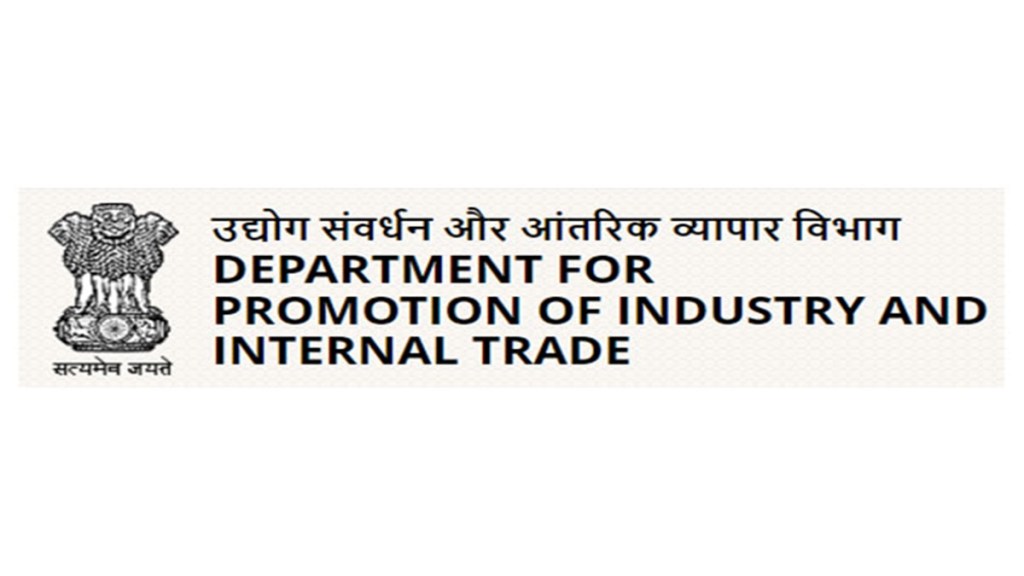The government continues to streamline the process for clearance of foreign direct investment (FDI) proposals in the restricted sectors so that they get cleared in the shortest possible time, while targeting $100 billion inflows a year going ahead, a senior official said Wednesday.
“FDI in most of the sectors is under automatic route, and only few sectors still remaining in the restricted category. We will continue to streamline the processes so that if any proposals that do not require restrictions are cleared in the shortest possible time after whatever consultations needed,” secretary in the department of promotion of industry and internal trade (DPIIT) Amardeep Singh Bhatia said. “There has been continuous effort for liberalisering FDI,” additional secretary in DPIIT Himani Pande said.
The overall FDI in India – which includes equity and reinvested earnings – was around $ 70 billion in 2023-24. It had peaked in 2021-22 at $ 84.8 billion. “We are expecting this to increase to at least $ 100 billion in the years to come,” Bhatia said at a press conference on 10 Years of Make in India.
FDI equity inflows into the manufacturing sector over the past decade (2014-24) reached $ 165.1 billion, marking a 69% increase compared to the previous decade (2004 -14), which saw inflows of $ 97.7 billion.
One of the successful initiatives under the ‘Make in India’ programme is the Production Linked Incentive (PLI) scheme launched in 2020 with an outlay of Rs 1.97 trillion.
As at the end of June 2024, 755 applications have been approved across 14 sectors. The companies that have been selected under PLI have collectively invested Rs 1.32 trillion resulting in creation of direct employment for 8.5 lakh individuals.
The Solar PV Modules witnessed the highest investments to the tune of Rs 30,370 crore, followed by the pharmaceutical drugs sector at Rs 29,482 crore and Automobile and Auto Components at Rs.17,896 crore. ,
The less talked about sector under PLI, speciality steel has seen investment of Rs 15,872 crore. Investment in food products stands at Rs 8,837 crore, electronics at Rs 8,390 crore and Textile Products at Rs 5,167 crore by the end of June.
Due to Make in India initiatives exports have surged. An additional Rs 4 trillion exports have been generated due to the PLI schemes. Total employment in the manufacturing sector increased to 6.4 crore in 2022-23 from 5.7 crore in 2017-18.
Bhatia also said that there is no plan to extend PLI schemes beyond 14 existing sectors. The budget, however, does mention bringing leather and footwear, and toys under PLI.
The Economic Survey for 2023-24 presented to Parliament in July had suggested tapping FDI from China to get an entry into global supply chains and increase exports by easing the conditions laid down for investments from countries that share land border with India.
On whether the government is considering easing conditions for FDI from land border countries, the secretary said, “the policy with regard to investments is laid down in the press note 3 issued in April 2020. We continue with that policy. As of now there is change in that policy.”
